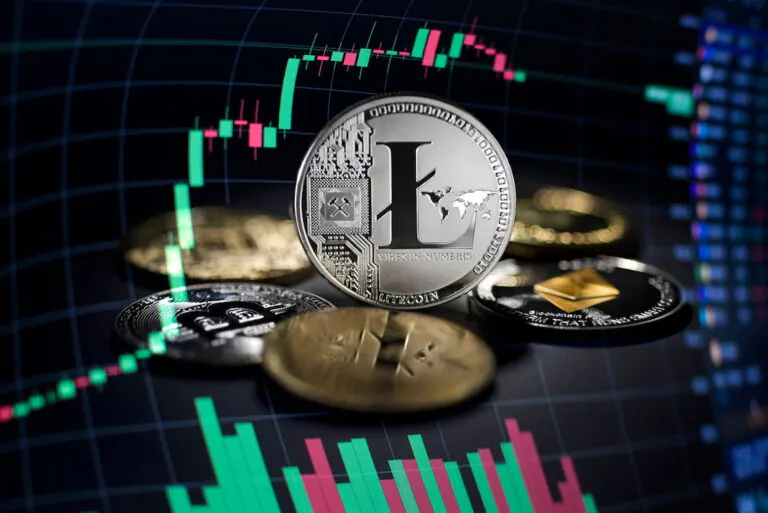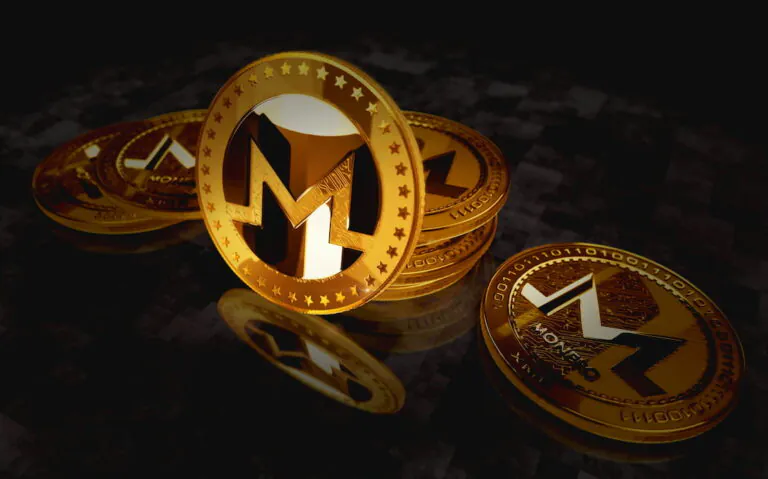Litecoin is one of the first open-source altcoins based on the original Bitcoin code. It was initially a strong competitor to the first cryptocurrency. However, as the cryptocurrency market expanded, Litecoin’s popularity gradually declined.

Introduction of crypto-currency regulatory framework in Iran at the initiative of the President
As a result of the analysis of the London-based analytical company Elliptic, about 4.5% of all bitcoin mining falls on Iran. Despite these figures, the situation with cryptocurrencies in the country is quite controversial.
In Iran, there is a ban on transactions and other operations with cryptocurrencies that were mined outside of their country. Buying or selling cryptocurrency officially in the country is a rather complicated process. According to the new law adopted at the meeting of the Coordinating Council on August 4, the Iranian government indicated that the Iranian cryptocurrency will not be a means of payment on the territory of their country, that is, any transactions with crypto coins will be unofficial. Also, the country's authorities will not regulate the exchange of cryptocurrencies and as a result – a complete rejection of the legalization of Bitcoin. The Central Bank of Iran refused to be the guarantor of digital money transactions. Such a negative attitude towards cryptocurrencies may be due to the frequent cases of fraud involving bitcoin.
As for cryptocurrency mining, it was banned for 4 months. This is due to the fact that a large number of users began to be interested in this branch of the crypto world and subsequently, due to the heavy load, light began to disappear in cities. There could be no electricity for hours and it became a stable phenomenon. The indignation of citizens grew every day. The Iranian authorities found a way out and in 2019, adopted a law on licensing for cryptominers. This means that those who mine cryptocurrency with a license will have to pay twice as much for electricity as ordinary people. According to the same license, it was indicated that all mined bitcoins should be sold to the Central Bank of Iran.
Over time, in order to mine cryptocurrency without using a license, miners began to work informally and illegally in mosques, where they do not charge money for electricity at all. The authorities found that about 85% of all mining farms worked in this way and soon they were all closed.
Iranian President Hassan Rouhani said that in order to protect the country's capital and the interests of citizens, it is necessary to develop and legalize the regulatory framework for cryptocurrencies in the near future. Since the demand for digital money is growing and more and more people are interested in how to sell or buy cryptocurrency.
At the meeting of the coordinating council, the topic of cryptocurrency was very carefully considered. The authorities of the country noted that in order to legalize work in the field of cryptocurrencies, it is important to start working with cryptocurrency courses, for profitable bitcoin mining.
It is necessary to involve more and more specially trained representatives in the world of the crypto industry in order to conduct internal work and people with the media in order to further inform people about existing laws, norms and regulations in the digital world for “professional entry” into this industry.
According to Rouhani, at the moment, until September 2021, it is prohibited to mine cryptocurrency in Iran, since there are no strict laws and all this is only under development. The Ministry of Information Technology and the Ministry of Communications will be responsible for violations and malfunctions in this area.


